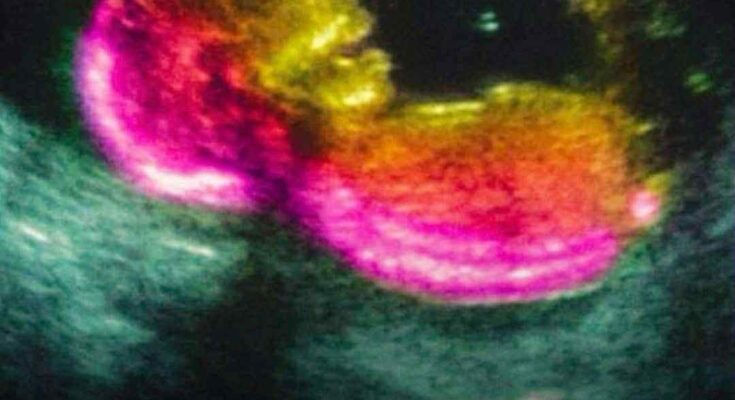In recent years, science has increasingly uncovered how deeply our gut affects our entire body — not just digestion, but mental health, immunity, and even how we respond to stress. The human microbiome, made up of trillions of bacteria living inside our intestines, has become one of the most important frontiers in medical research. Now, a new study suggests it may also play a role in autism.
Published in The Journal of Immunology, the study sheds light on how a mother’s gut bacteria during pregnancy could influence the neurological development of her child. The research, conducted by scientists at the University of Virginia School of Medicine, centers on a molecule called interleukin-17a (IL-17a) — an immune system protein previously known for its role in inflammatory diseases like psoriasis, rheumatoid arthritis, and multiple sclerosis.
The World Health Organization defines autism spectrum disorder (ASD) as a group of developmental conditions that affect communication, social interaction, and behavior. Symptoms and cognitive abilities vary widely between individuals, but many people with autism also experience related conditions such as epilepsy, anxiety, depression, and ADHD. Scientists have long tried to understand what factors — genetic, environmental, and biological — may influence its development.
According to the study’s lead researcher, Dr. John Lukens, the microbiome appears to be a crucial piece of that puzzle. “The microbiome can shape the developing brain in multiple ways,” Lukens explained in a statement. “It’s vital for calibrating how the offspring’s immune system responds to infection, injury, and stress.”
To explore this connection, Lukens and his team conducted a series of controlled experiments using mice. They divided the animals into two groups: one had gut bacteria known to trigger strong inflammatory responses through IL-17a, while the control group did not. Both groups were then monitored for changes in brain development and behavior.
When researchers suppressed IL-17a activity during pregnancy, both groups of offspring displayed typical, healthy behavior. But when they allowed the molecule to act naturally, the offspring of the first group began to show behaviors that closely resembled symptoms seen in autism — repetitive actions, reduced social engagement, and unusual communication patterns.
To confirm whether gut bacteria were truly responsible, the scientists performed fecal transplants. They transferred fecal matter — and with it, the microbiota — from the first group of mice to the second group. Soon after, even the control mice began to show similar autism-like behaviors.
The findings suggest a strong causal link between a mother’s gut microbiota, her immune response during pregnancy, and potential effects on the developing brain of her offspring. “The results indicate that the mother’s microbiome, not the child’s, may have a greater influence on autism risk,” Lukens said.
IL-17a, the molecule at the heart of this research, is part of a larger family of proteins called cytokines. These signaling molecules play a key role in immune regulation — rallying the body’s defenses during infection and controlling inflammation. However, when cytokines like IL-17a are overactive, they can trigger excessive inflammation. In the case of pregnancy, this inflammation could interfere with fetal brain development.
While the results are based on animal models, the implications for humans are significant. Lukens believes this research could open the door to preventive strategies that focus on maternal health. “In terms of translating our work to humans,” he explained, “the next big step would be identifying specific features of the microbiome in pregnant mothers that correlate with autism risk. Once we understand that, we can begin exploring ways to modulate the microbiome safely.”



